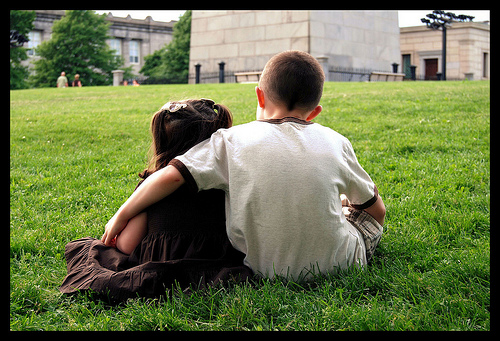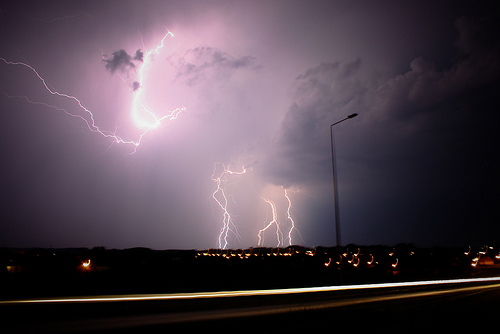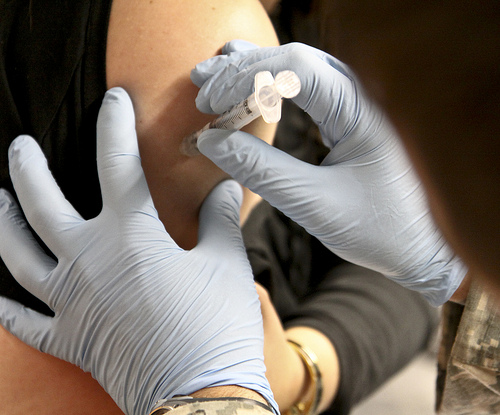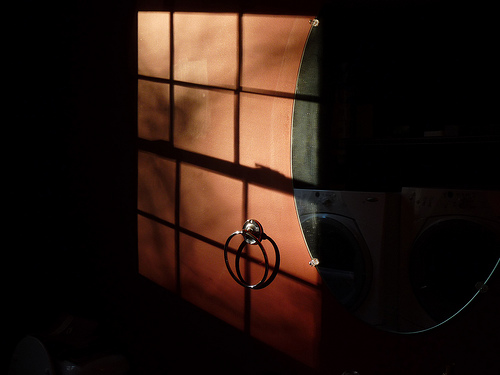CRASH!
The entire house seems to shake as my seven-year-old son screams and bangs his head on the hardwood floor. He raises his head to bang it again, but I reach him first. I have no idea what has triggered this meltdown, and right now, I don’t have the time to try and guess.
My son is long and lanky: he is far too big for me to carry, but I have to get him away from the hardwood. Yes, I know what the so-called experts keep saying. When a meltdown happens, you have to ignore it. Paying any attention to him while he’s melting down will reinforce the behaviour.
Yeah, well, while I’m ignoring the meltdown, my child could be giving himself a concussion. This frantic headbanging isn’t anything I haven’t already seen. There are so many dents in my drywall that the inside of my house looks like a giant golf ball.
I half-lift, half-drag my son into the carpeted living room. I grab cushions and blankets – anything soft that’s within my reach – and I pad our immediate surroundings to stop my boy from hurting himself. Using a technique borne of experience, I wrap my arms around him and use my body weight to keep him still, to keep him safe.
While all of this is happening, he is kicking and screaming. They are not screams of anger, but of frustration. They are the screams of a child who is locked inside his own head and cannot find the way out. He looks directly into my eyes, and his expression is one of desperation. I am reminded of a caged animal who wants nothing more than the ability to run free.
As I look at my beautiful child, as I see him in such anguish, I want to cry. I fight back the tears. I have to be strong right now. Later on, when this has passed, I will have my chance to cry.
In my mind, I start talking to Autism as if it were a real person and not merely the name of the condition affecting my son.
“Damn you, Autism. There are times when I don’t mind you so much. There are times when I am completely comfortable with your presence. Hell, sometimes I even like you. But at times like this, Autism, I hate you like you wouldn’t believe because of what you do to my child.”
My son and I lie there on the living floor for what seems like ages. Slowly, so slowly that it’s barely perceptible, the screaming becomes less intense. The weight of my body provides him with the physical pressure he needs to become grounded again. And eventually, the screams stop altogether and I can loosen my hold on him. We curl up on the couch together. The silence is punctuated by an occasional hic.
I look at my child’s angelic face and tenderly smooth my hand over his hair. His eyes are closed and I think he’s gone to sleep. But then he opens his eyes and a special look passes between us, a look that no-one in the world apart from the two of us would ever be able to interpret.
You know what it’s like, he says to me with his eyes. Sometimes you can see into my world.
Yes I can, my eyes say back to him. But it’s only because you trust me enough to let me in.
And secure in the knowledge that he is not alone, he falls asleep in my arms.
This week’s Indie Ink Challenge came from FlamingNyx, who gave me this prompt: Describe “that” look you got in a secret moment of knowing. That look that no-one in the world would understand and can only pass between you and “that” person.
I challenged The Drama Mama with the prompt: Tell the story of a policeman who died in the line of duty, from the point of view of his eight-year-old child.
















